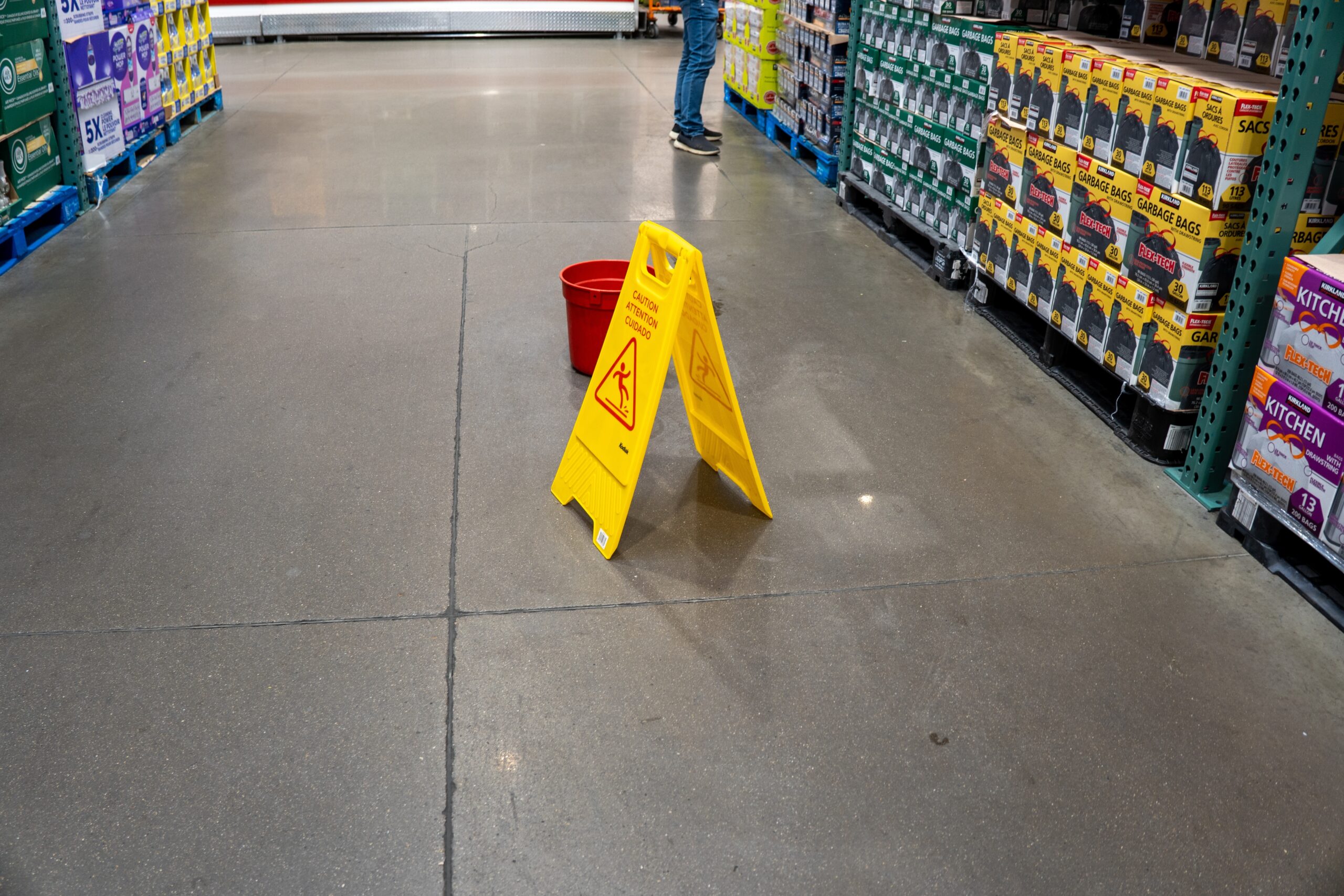NSW Court of Appeal Upholds Decision in Kmart Public Liability Injury Case
Kmart Australia Limited v Marmara [2024] NSWCA 249 is an interesting public liability injury case ruled in favour of the injured person against the retail occupier, Kmart, regarding their responsibility to provide a safe loading system in store.
Public Liability Incident
Ms Marmara was at one of the self-checkout terminals at a Kmart store in Woy Woy. She was injured in her neck and right shoulder when a large box containing a large mountain bike in another customer’s shopping trolley, fell on her from behind.
Ms Marmara alleged that a reasonable person in Kmart’s position would have taken precautions to avoid the risk of harm from customers transporting heavy oversized items through the store by putting in place a safe system, including providing a service for customers to pick up such items from the loading bay.
She was successful at the District Court of NSW. Kmart appealed the decision to the NSW Court of Appeal without success.
Court’s Reasoning in Kmart Public Libility Injury Case
Among other legal and factual issues, the Court had to decide whether a reasonable person in Kmart’s position would have implemented a system for customers to purchase heavy, oversized items.
Kmart submitted that they had in place various other means for customers to seek assistance from staff members with respect to their large purchases. However, the Court was not satisfied that such non-mandatory and self-initiated system was sufficient in relation to transporting heavy, oversized items. If customers were permitted to use standard size shopping trolleys to transport heavy and oversized items unsupervised, and the procedure for collection at the loading dock remained a mere option, there would be a substantial probability that customers would continue to use standard size trolleys. This would expose other customers to a risk of harm.
The District Court found that a reasonable person in Kmart’s position would have taken the precaution of implementing a system that included the following elements.
- staff training; and
- signage; and
one or the other of:
- requiring customers to use flatbed trolleys to transport heavy, oversized items through the store (or at least providing flatbed trolleys as an option for customers to do so); or
- requiring customers to collect such items at the loading dock.
Court of Appeal Ruling: Retailer’s Duty to Prevent Injury in Store
The Court of Appeal dismissed the appeal and upheld the District Court’s decision that Kmart breached their duty of care for failing to implement sufficient precautions such as the above to prevent the risk of harm.
What This Decision Means for Customer Safety in Retail Stores
This decision reinforces the duty of care owed by a retail occupier to have a sufficient, operative and effective system to ensure that customers are not at risk of sustaining injury from heavy, oversized and hazardous products tipping or falling from other customers’ shopping trolleys.
This duty of care also extends to the storage and placement of products and equipment in a store with signage. For example, supermarket managers have the duty to store empty shopping baskets and pallets in a safe place so as to prevent customers from tripping and sustaining injury.
Why It’s Important to Act Quickly After a Public Liability Injury
Accidents, such as slip and falls, at supermarkets, department stores and shopping centres occur more frequently than you might believe.
It is essential to act promptly and seek professional advice to protect your claim from any time limitations that may apply.
If you have been injured and unsure if you have a viable public liability claim, contact Stacks Goudkamp today to ensure your rights are protected.



